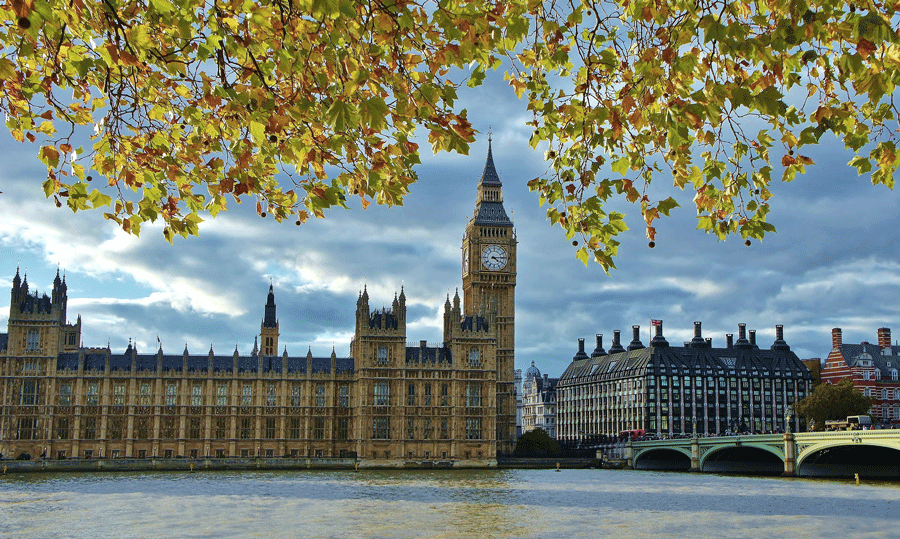This week we have seen the UK government lose twice in the courts – once on air pollution and then on Article 50 to formally start the Brexit process. While there are voices questioning why in a democracy the courts should be able to overturn government decisions, the judgement on air quality highlights the critical role that courts can play within the democratic process in moving us towards a more sustainable future.
The government had committed itself to take measures ‘as soon as possible’ to improve air quality in a number of cities to comply with legal standards. But the plan put forward by Defra was judged to be a ‘woeful approach’ by the courts, following a legal challenge by ClientEarth. The government has been told to think again. It is clear that the Treasury blocked more radical plans that would see increased taxes or bans on diesel cars.
Is this interference by the courts in the democratic process? Not at all. It is a critical part of any democracy that there are methods of redress when governments fail to live up to their legally enshrined commitments, be it EU directives or laws adopted by parliament. Given the challenges that will face governments in realising their legal commitments on issues such as climate change and air pollution, oversight through the courts may become an ever more important method for ensuring meaningful action.




